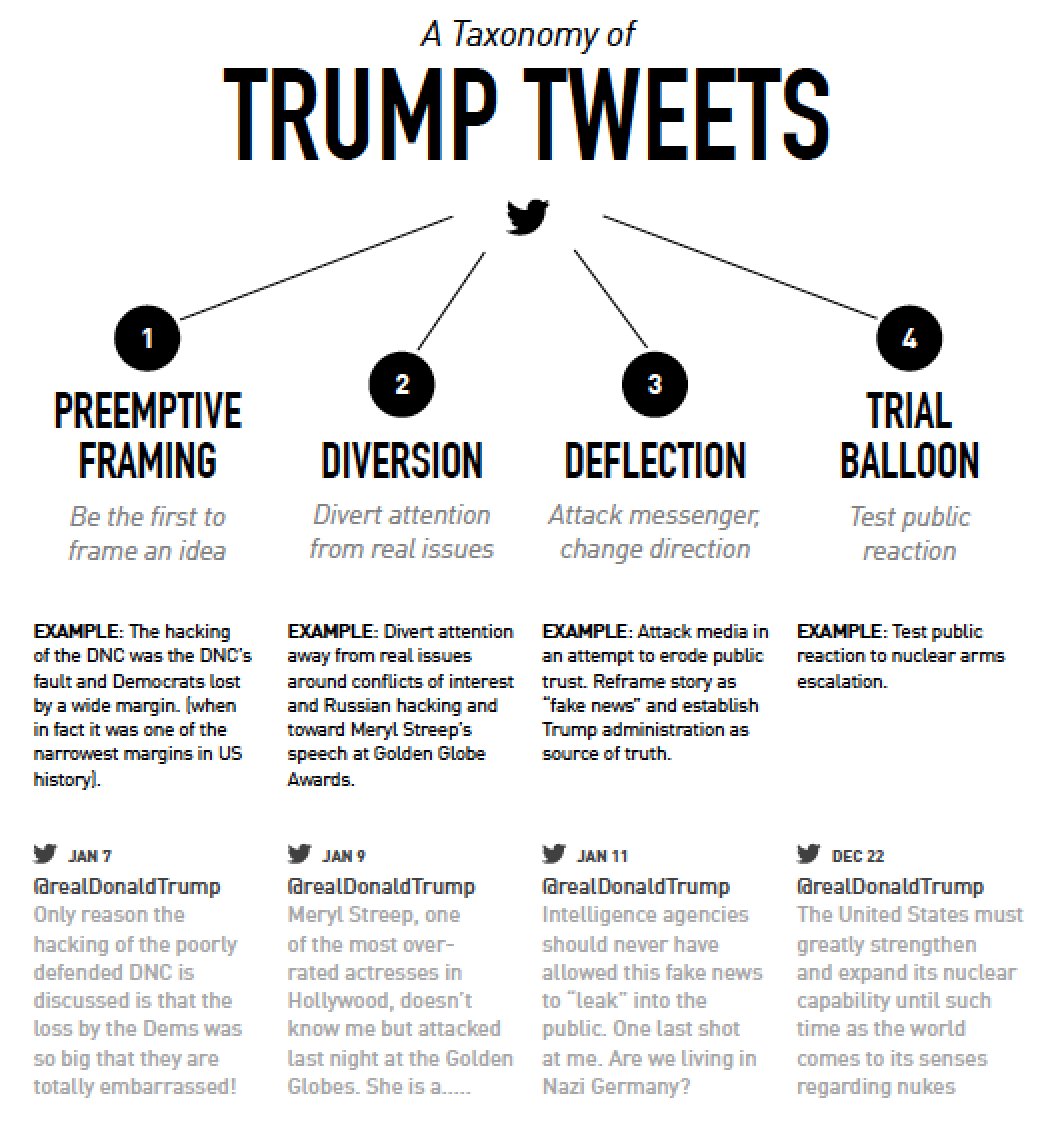Three truths:
Some millennial fillers:
- Language is always changing, and nothing can stop it.
- Some of those changes may seem unnecessary or problematic to some people.
- Many times our issues are indefensible linguistically, but we have them nonetheless.
Some millennial fillers:
- Using "So..." to start a sentence. Example:
- Interviewer: "You've done a lot of research on gender and language. What do the latest studies tell us in regards to gender and the use of taboo language?
- Guest: "So...many studies find that the gap between men and women in this regard is rapidly lessening."
- Using "I mean..." to start a sentence, especially when there is no need for clarification. Example:
- Professor: "Welcome to the class, Jessica. We're talking about African American English. Do you have any friends who speak this dialect?"
- Jessica (the first thing she ever says to this professor): "I mean...I do have some friends who speak it, but only in informal situations."
- Ending multiple sentences with the tag "right?" If I hear it in a setting where someone is trying to teach something to someone, or make sure they are following the conversation (known as a comprehension check in the education world), it doesn't stand out. It only gets my attention if it's a situation where a person is telling something to someone who doesn't have much (or any) prior knowledge of the topic. Example:
- Speaker 1: "I want to tell you what I learned about the Appalachian dialect in class today. So, it turns out that the dialect traces its roots back to the British Isles, right?"
- Speaker 2: "I don't know, you tell me...you're the one who learned about it!"


No comments:
Post a Comment